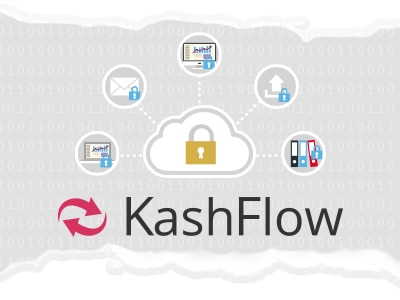Fighting fraud this Christmastime
Small businesses are now the main targets of would-be cyber criminals and fraudsters.
A recent survey of recorded data breaches in 2014 revealed a worrying fact: 86% of the targets were small businesses.
As these breaches become more commonplace, big corporations have begun ploughing money into cyber-protection in order to adhere to the latest industry standards and ensure they’re equipped to detect and deal with attacks as swiftly as possible.
Naturally, small businesses don’t have the deep pockets of their large-scale counterparts, making the risk of an attack much greater – and potentially more damaging.
The most bountiful period for cyber criminals and fraudsters alike begins around now and continues into the New Year, as they take full advantage of the holiday period’s excessive expenditure.
Breaches can take many forms, falling under the umbrellas of direct theft (e.g. a stolen laptop) or remote theft (e.g. online hacks into data within your IT infrastructure).
With hefty fines a serious possibility for companies whose data is compromised, it makes sense to do all you can to make both your business and your customers’ information secure.
Taking appropriate measures
Follow these simple yet effective guidelines to stay as safe as possible:
- Download updates for all of your operating systems, browsers, software, and apps.
- Use strong passwords. The longer the better; a memorable, random four-word phrase is our suggested minimum. Check the strength of your current password(s) here.
- Change your password periodically. This is an effective way of stopping stealthy hackers from regularly accessing and abusing private information, though recent developments suggest having strong and different passwords for all of your logins may be a better option.
- Lock your screen/logout as often as possible, especially when using a computer or device that’s shared or in a public environment.
- Beware suspicious emails; if an email looks suspicious then it probably is, but many phishing scams (fake emails that steal your information when you click on their links) have mastered the art of perfectly mimicking a legitimate company’s layout. If you’re not 100% sure, delete it and contact the company directly via email or telephone to confirm. IRIS and KashFlow will never ask you for any personal data via email.
- Use anti-virus and anti-malware software, being sure to perform updates to both the programs and their virus definitions when prompted. MoneySavingExpert have an excellent selection of the best free options available to download.
- Physically safeguard your business. This one speaks for itself. Lock your doors, use security alarm systems, fix equipment to desks and avoid displaying expensive hardware where potential thieves might see it.
You can find all of these suggestions and more helpful advice in the government’s guide to cybersecurity, released this year, and be sure to share this information with your colleagues so that your entire organisation is on the same page. All it takes is one person’s absentmindedness to expose valuable assets to the wrong people.
Integrate with a payment processor you can trust
Another key bit of information to take from the above survey is that 97% of breaches occur when online businesses process payments themselves.
Using a reliable and stringently protected software application such as KashFlow can relieve you from the admin and security concerns of maintaining your own payment portal (especially if doesn’t meet the latest Payment Card Industry Data Security Standard (PCI DSS)).
Our new Payments feature allows users to easily accept instant payments from customers safe in the knowledge that their personal and financial data is protected by the same protocols that banking and other ultra-secure industries employ, leaving you with one less thing to worry about over the festive season.
Stay Safe & Happy Holidays!

